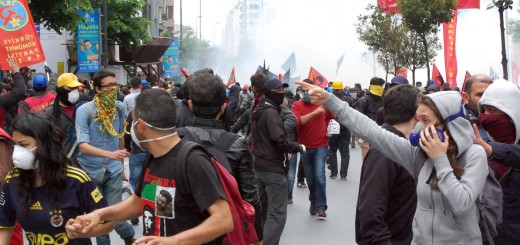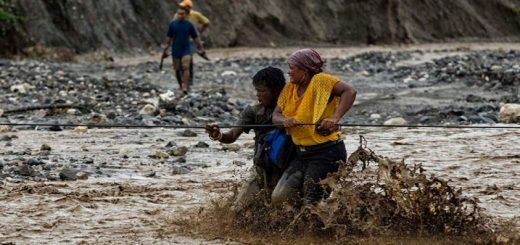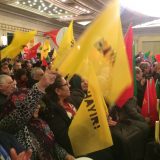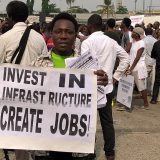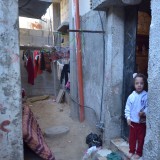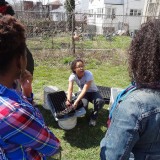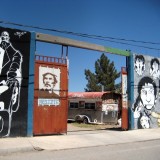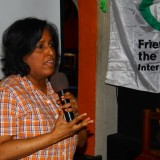Turkey referendum results test country’s polarized political system
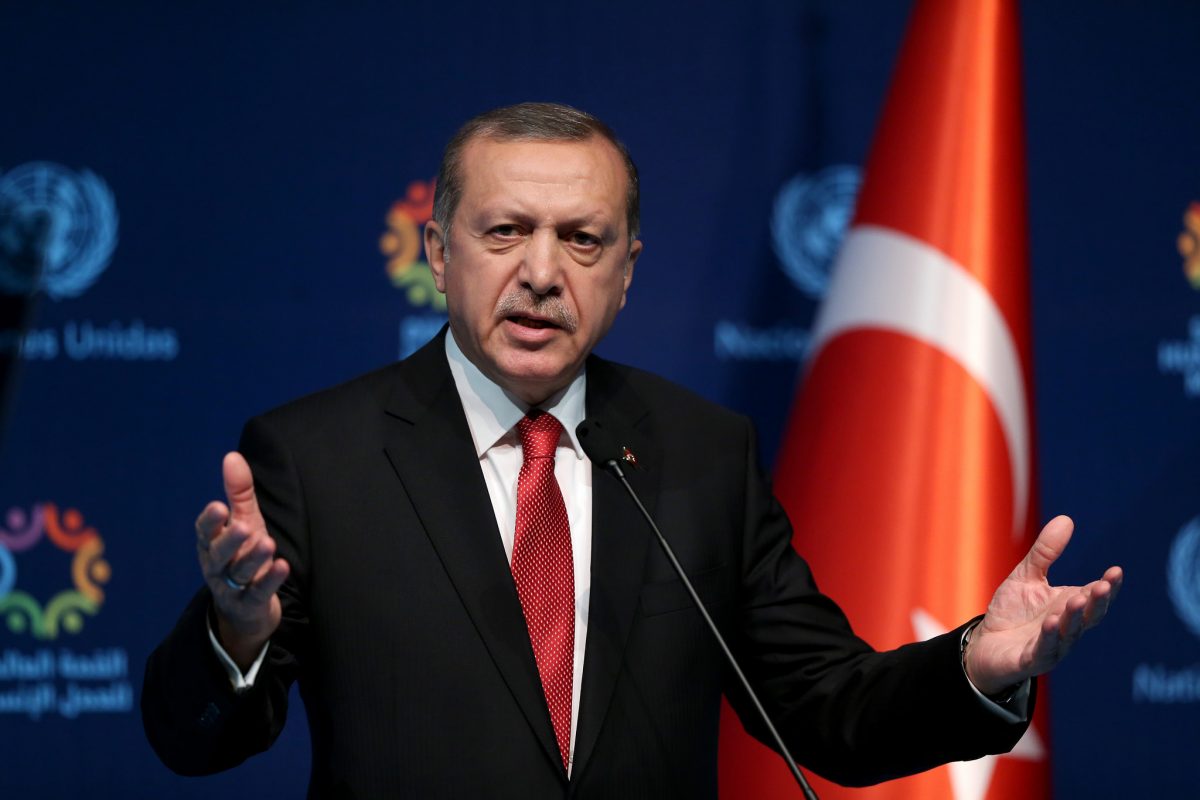
Turkey’s electoral commission has refused to annul the results of Sunday’s referendum, after opposition groups claimed ballot fraud. President Erdogan claimed a razor thin win by a 51.4 to 48.6 percent; he says voters approved changes to the country’s constitution that would dramatically concentrate power in the office of the President. But opposition groups are crying foul. FSRN’s Nell Abram has more.
Nell Abram: Turkey’s top electoral body says they will not invalidate the vote, after appeals were filed alleging ballot stuffing; opponents of the measure say they will take up the issue with the European Court of Human Rights. Sunday, voters considered an 18-point constitutional reform measure that if enacted will dramatically alter the parliamentary system in the country located smack dab between the Syrian civil war and the EU refugee crisis. FSRN’s Fariba Nawa joins us from Istanbul. Fariba, first the referendum comes after last July’s failed coup attempt against President Reccip Tayyip Erdogan to which he responded with a widespread crackdown on civil society and academia. What was at stake in the weekend’s referendum and what do we know about the results?
Fariba Nawa: What was at stake, for some people, democracy. Many are saying that our democracy has been destroyed by this referendum because President Erdogan is now more powerful than he’s ever been. That said, it is similar to the U.S. presidential system in many ways, however, the checks and balances that are present in the U.S. presidential system are not in Turkey; the fact that so many people can be rounded up and, just as we speak, about 38 people who were demonstrating this so-called win are now in jail – they have been detained. Houses have been raided, and this is just today. Demonstrations are going on to protest what the no-voters are calling fraudulent, and the response from the government has been another crackdown. So, this is going to be another test for Turkey’s polarized political system.
NA: What powers does this bestow on the president?
FN: The president’s going to have an opportunity to run for another two terms, and he’ll most likely win. But we don’t know that right now, because one thing that was interesting about this vote was that nobody expected it to be so close. The AKP, the ruling party and Erdogan, have won with much bigger margins in the past, and he’s been in power since 2002 – as prime minister and subsequently as president. So now, there will not be a prime minister, that role has been abolished. Parliament will have increased seats, but it will lose leverage on decision making. One decision that parliament can make, that it couldn’t before, is the right to impeach the president, but that’s not going to be an easy task knowing how grand Erdogan is in the eyes of his supporters; some of the people worship him, they see him as almost like a god here.
NA: Today, Turkey’s Prime Minister, Binali Yildirim, said that while opposition parties can file official appeals of the election results, public protests are ‘unacceptable.’ You mentioned the people under arrest today, but what’s been going on the last few days and what do you anticipate will come in the days to come?
FN: Well, the opposition parties oppose the initial results of the election, showing videos of possible ballot stuffing and the way the votes are done in Turkey is paper ballots, people have to put it in an envelope and then it has to be stamped to be official; many of these envelopes were not stamped and, in the past, those would have been considered invalid, but now the election commission, which is run by the government, is excusing that and saying those ballots are also valid. We’re talking about over a million ballots here. What prompted after that was protests, and Turkey extended its state of emergency – it’s been in a state of emergency after the July coup – and the state of emergency was supposed to be lifted today, I think, and instead it was the first thing they did, was extend it for the next three months. Which means that demonstrators could be thrown in jail for the next 30 days, they don’t have the right to protest.
NA: Fariba, let’s talk about the refugee situation for a moment. In a bid to secure membership in the EU and visa free travel for Turkish citizens, a little more than a year ago President Erdogan entered an agreement to essentially take back refugees trying to reach Greece from Turkish shores. And just last weekend, the International Organization for Migration said that nearly 9,000 people were rescued at sea in the Mediterranean. How might the outcome of this referendum affect the refugee crisis?
FN: Well, I think the relationship with Europe is pretty sour right now and the refugee deal with Europe still holds, but that remains to be seen. Turkey’s still hosting 3 million refugees, mostly Syrians but also Afghans, Libyans – anybody who’s had a war is here, working or not working, legal or illegal, and Turkey’s basically just looked the other way in many cases. At this point, I don’t think Erdogan’s powers are going to change how refugees are treated, especially because Syrians support Erdogan, and in fact, at least 10,000 of them are in the process of getting Turkish citizenship. So, it is that demographic that he really appreciates and helps him keep getting votes.
NA: Despite, or perhaps because of, the country’s step backward from Democracy, U.S. President Donald Trump congratulated Erdogan on the referendum results and the two are set to meet next month. What’s been the reaction to Trump’s response and how have other global leaders reacted to the results?
FN: It’s interesting, because the final results, because of this dispute about fraud, have not been announced. They should be announced in the next week. But still, President Trump congratulating President Erdogan before the final results are announced is a little premature some people think, especially the no-voters. And the yes-voters love Trump. It was interesting because Trump and Erdogan have a lot in common in terms of populism and how they approach the people of their country. As far as European leaders, I think that’s where there’s a divide between how Trump sees this and how European leaders, especially Angela Merkel – they are demanding for basically an investigation into this so-called win and the referendum and recount of votes, saying that democracy must be respected if Turkey’s even interested in joining the EU. But it doesn’t look like Turkey’s all that interested in the EU anymore.
NA: Finally, Fariba Nawa, what else is important for us understand about what’s happening in Turkey?
FN: What’s happening now, I think, someone called it that Turkey’s democracy’s on life support and it may just end. It might be a little over-dramatic to say that, so I think we can see in the days to come what will happen. What is Erdogan going to do with this power? Will he use it to unite his people, who are obviously polarized and divided, or will he use it to basically create more of an opposition and jail more people? Right now, we’re talking about 140,000 people who have been either fired, suspended, or jailed since the coup. That’s a lot of people and it’s guilty until proven innocent in Turkey.
Fariba Nawa is a freelance journalist based in Istanbul.


